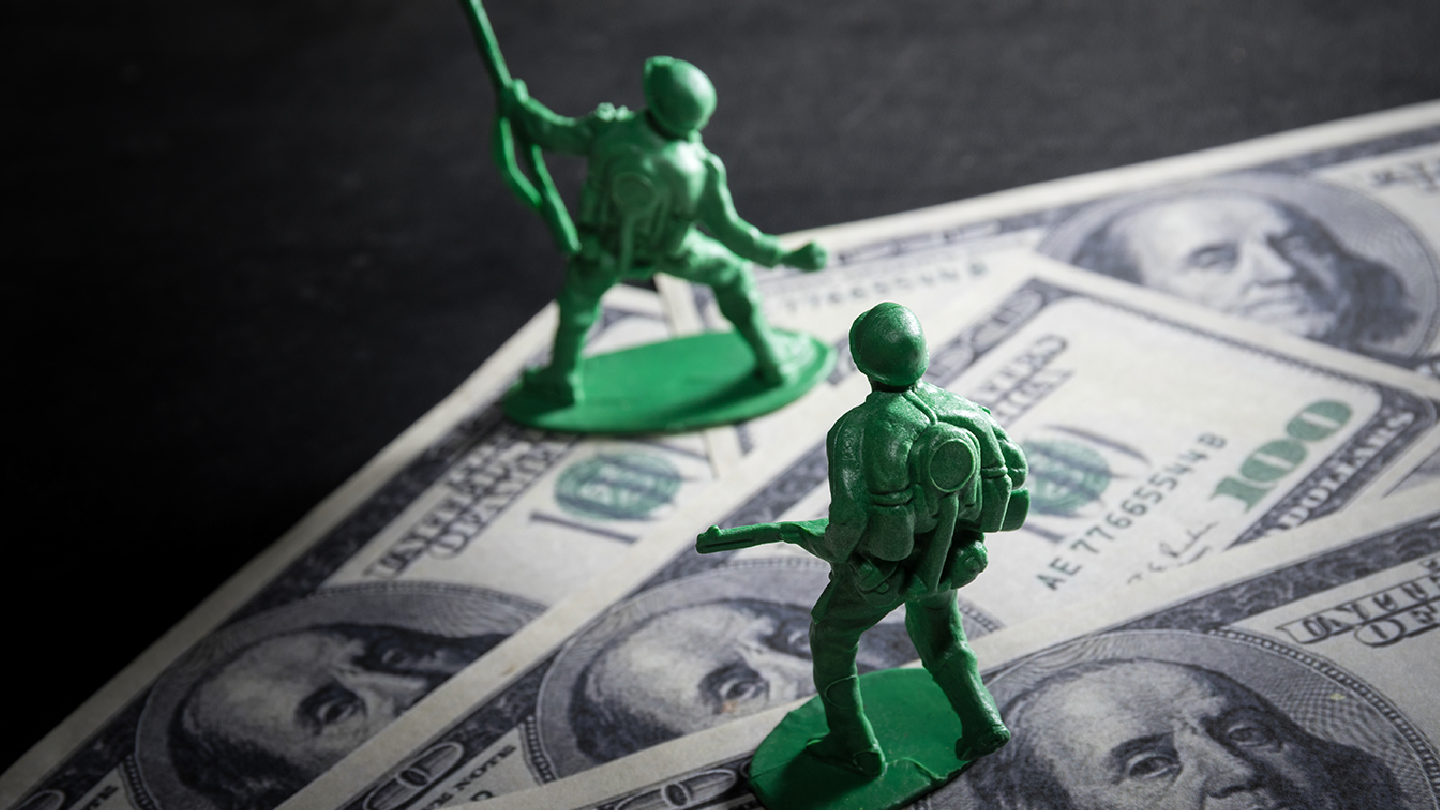Battle lines
Paul Race

European consumer association BUIC has published a report entitled 'Cash versus Cashless: Consumers need a right to use cash'. As well as repeating the benefits of continued cash usage - safeguarding consumer privacy ('a cashless society is a fully traceable society'), enabling financial inclusion, contributing to a more competitive retail payments market - the report concludes that 'the card schemes are the main beneficiaries of the society without cash. They are at the origin of the movement. In some countries they have even created pseudo consumer associations for the promotion of a cashless society'.
Is there a danger attached to 'over-promoting ' a cashless society and what are the implications of the backlash we are now witnessing? Is the message that though change will happen the pace of that change cannot be forced?
With regard to the pace of change the report highlights the situation in Sweden and Germany, two countries with very different cash usage figures. In Sweden, long held out as a leader in cashless payments, it points out that the acceptance of cash payments remains a significant issue for many. Sveriges Konsumertes has published a study showing that 7 out of 10 consumers want to be able to pay using cash in the future. The BUIC report also notes the indirect pressure on retailers to move away from accepting cash payments when a half of the country's 1400 bank branches no longer accept cash deposits. Whichever way you look at it, it isn't just consumer choice that is driving change.
Meanwhile in Germany EHI Retail Institute has published a survey that indicates that consumers are far from giving up on cash. In 2018, though consumers used cards for 48.6 percent of retail sales, a very significant 48.3 percent involved the use of cash. In the US recent data also reveals the continued importance of cash. According to the Federal Reserve Bank of Atlanta, 85 out of 100 consumers use cash in a typical month. Consumers overall made 17 payments a month using cash and it wasn't just older consumers. Whereas those aged between 55 and 64 made 18 cash payments, Millennials (25-34) used cash for 15 transactions.
The factors affecting cash usage are complex. In particular the availability and cost of cash will have implications for the speed of any move towards a cashless society. It is therefore interesting to view the BUIC interpretation of changes in interchange fees for ATM transactions and their implications for cash usage. The report concludes that 'the decrease of interchange fees looks like a strategy to eliminate ATMs'.
So where does this leave the case for a cashless society? Among the benefits espoused for the elimination of cash has been its link with criminal activity. How strong is this argument? The BUIC report concludes that 'Cash must not be made a scapegoat ' and quotes Yves Mersch, a Member of the ECB Board as saying, 'no particular link can be established statistically between cash and criminal activities '.
Whatever your views, it appears the battle lines have been drawn and we can forget about Europe and indeed other regions sleepwalking into a cashless society.